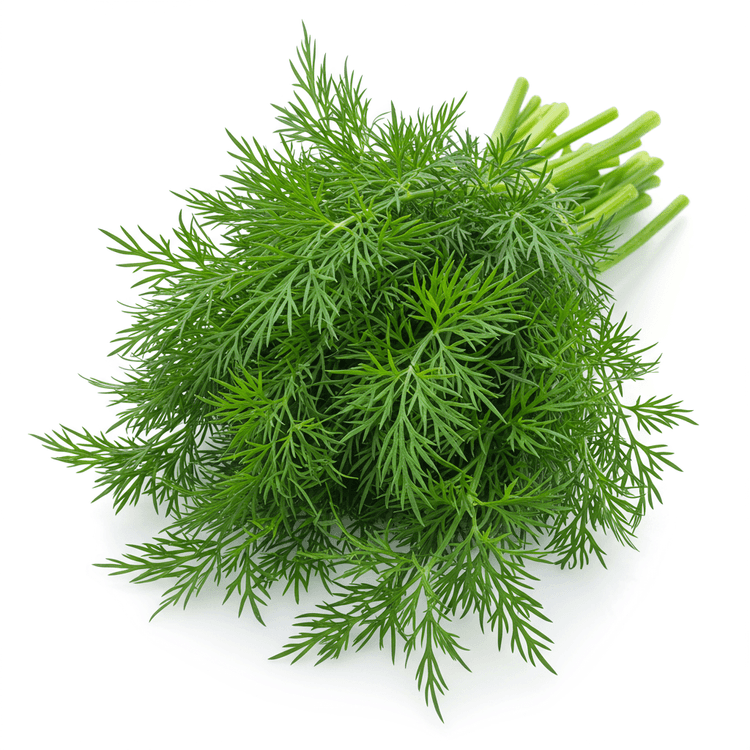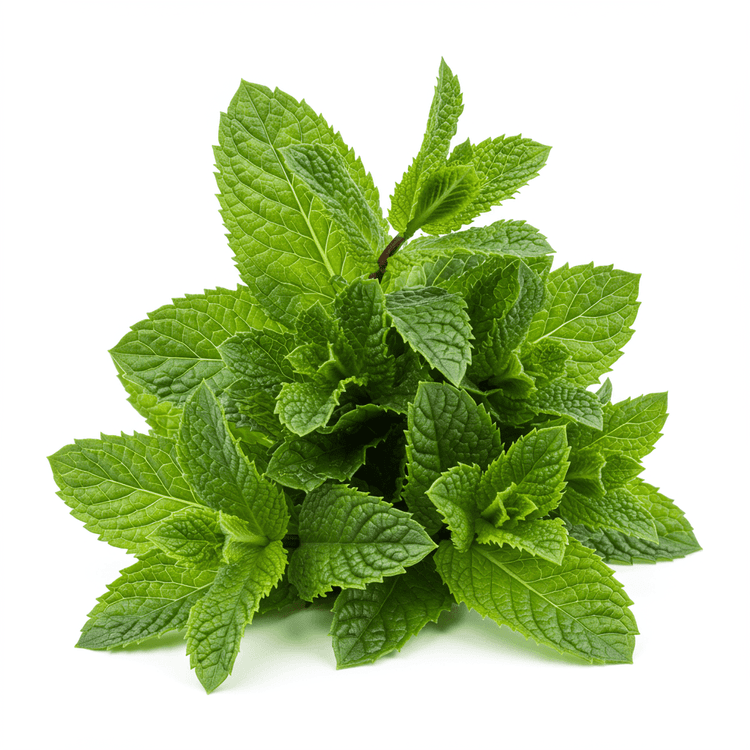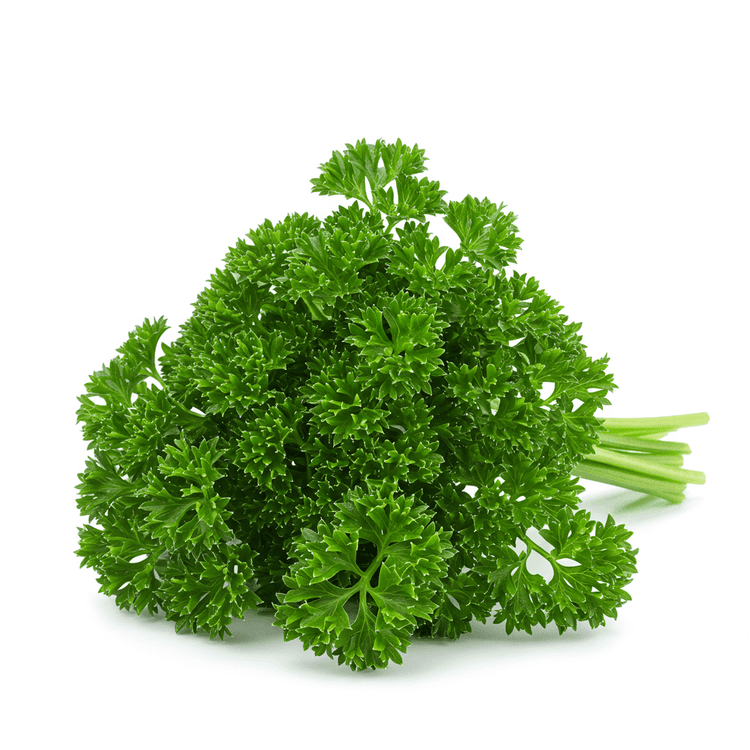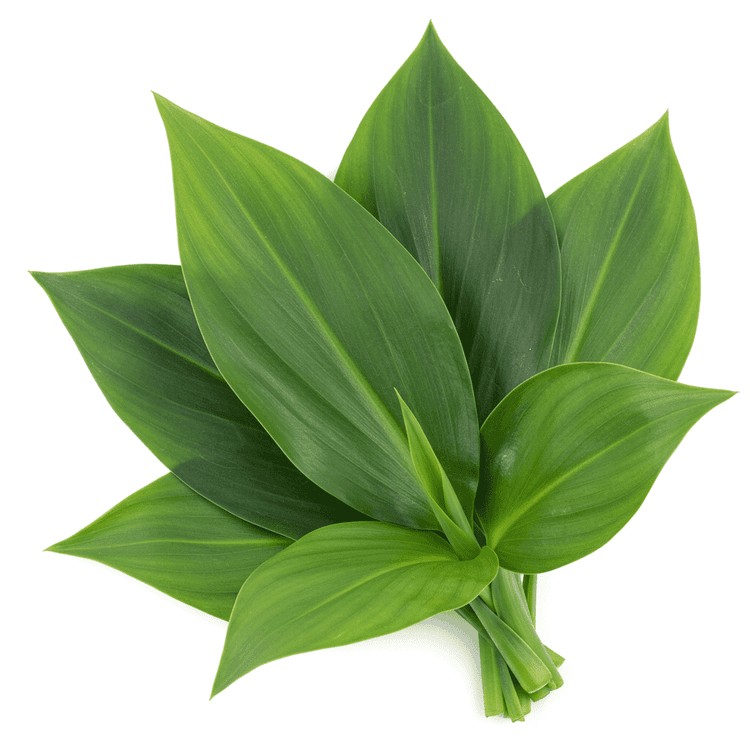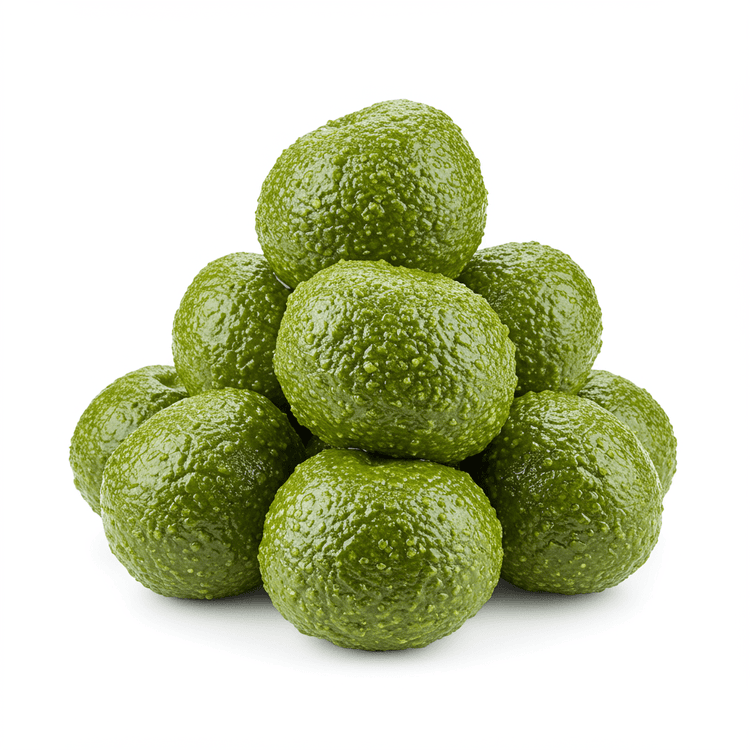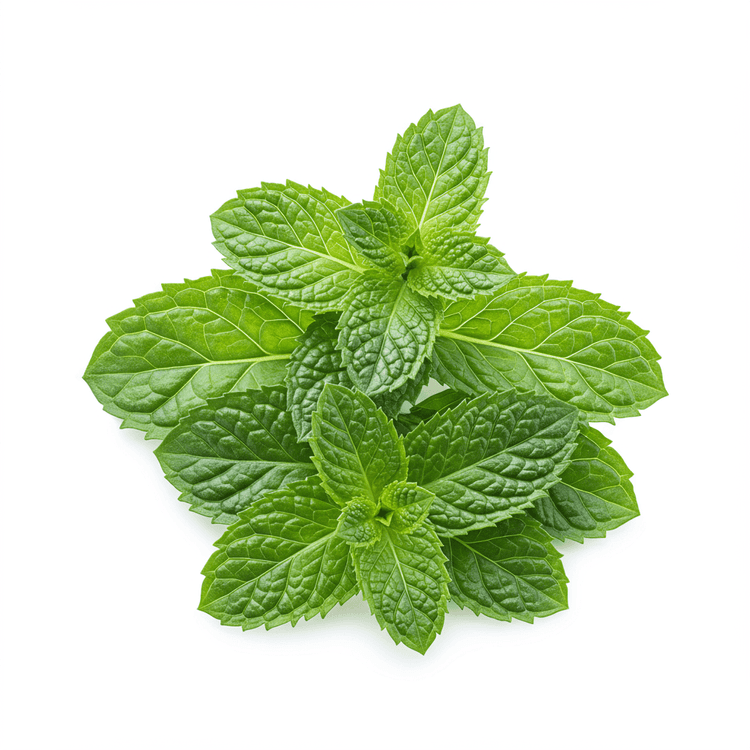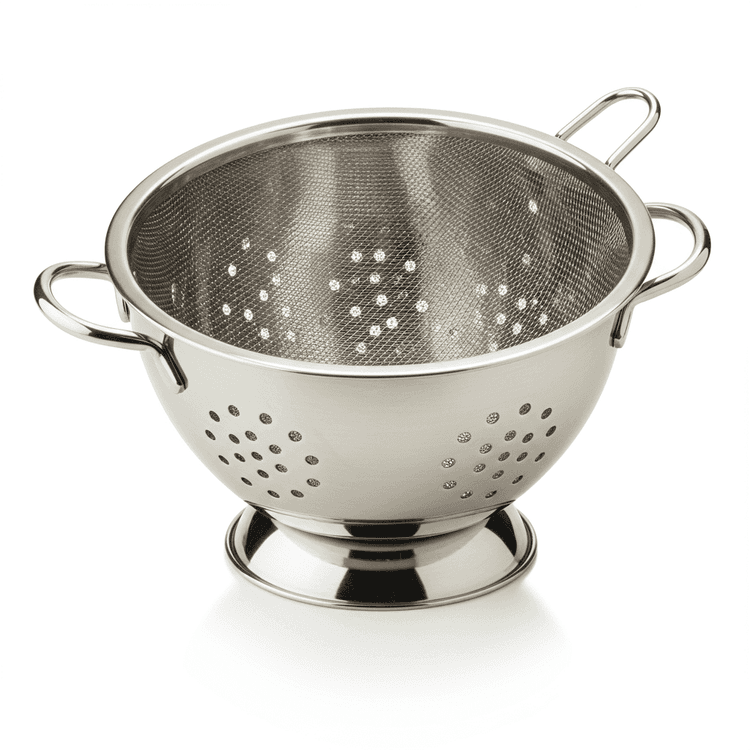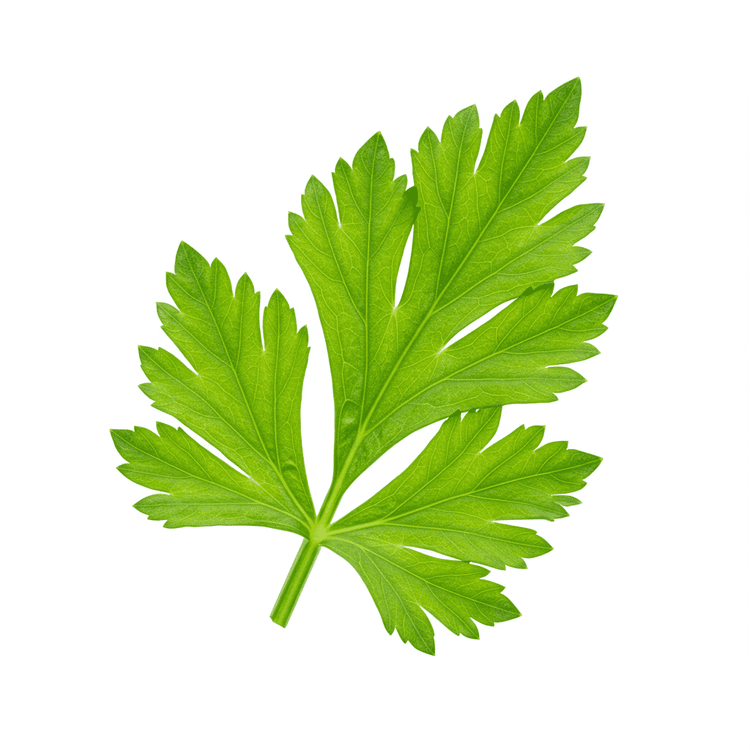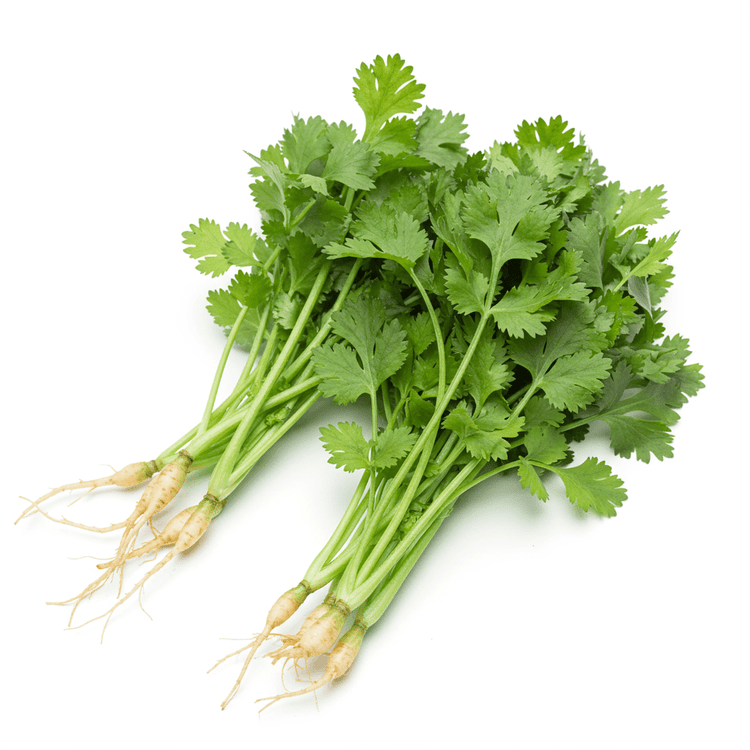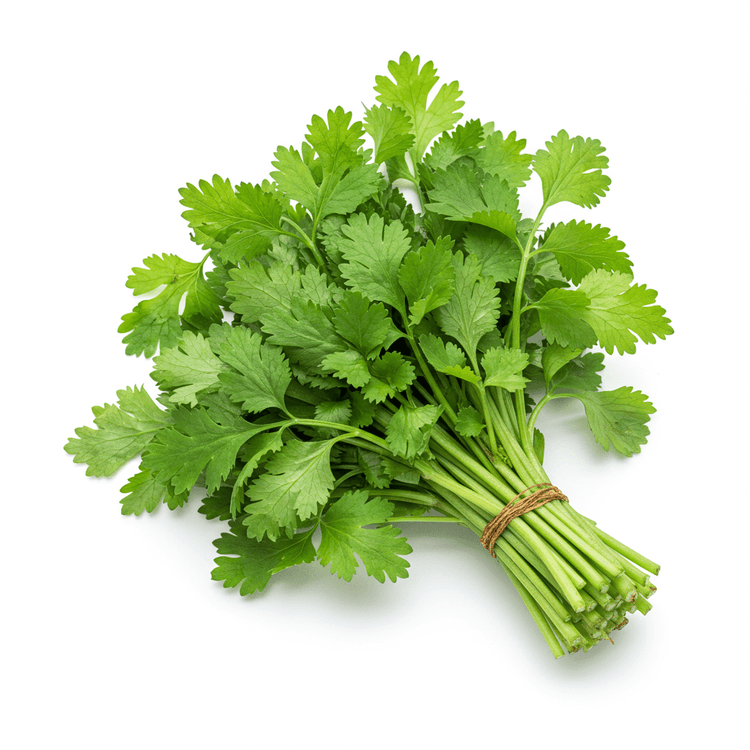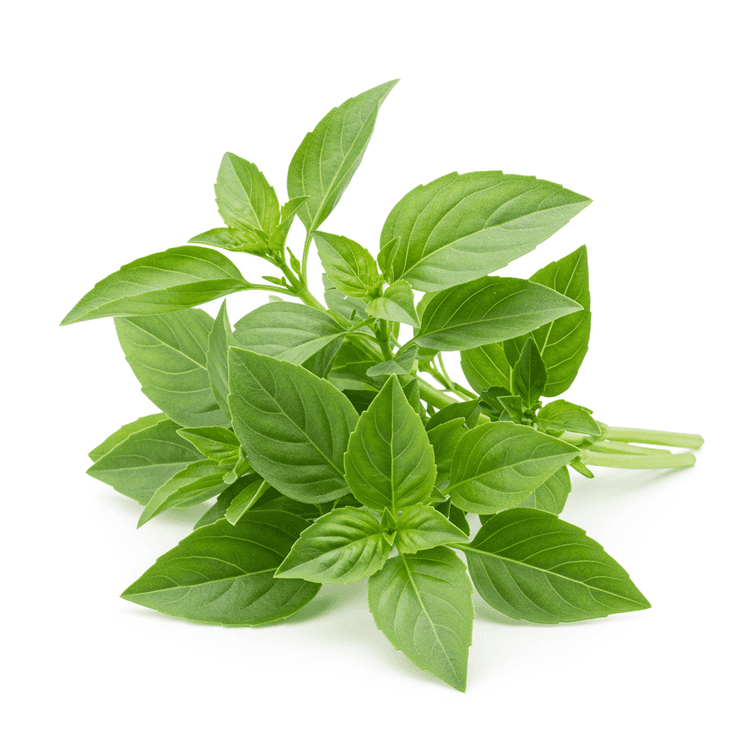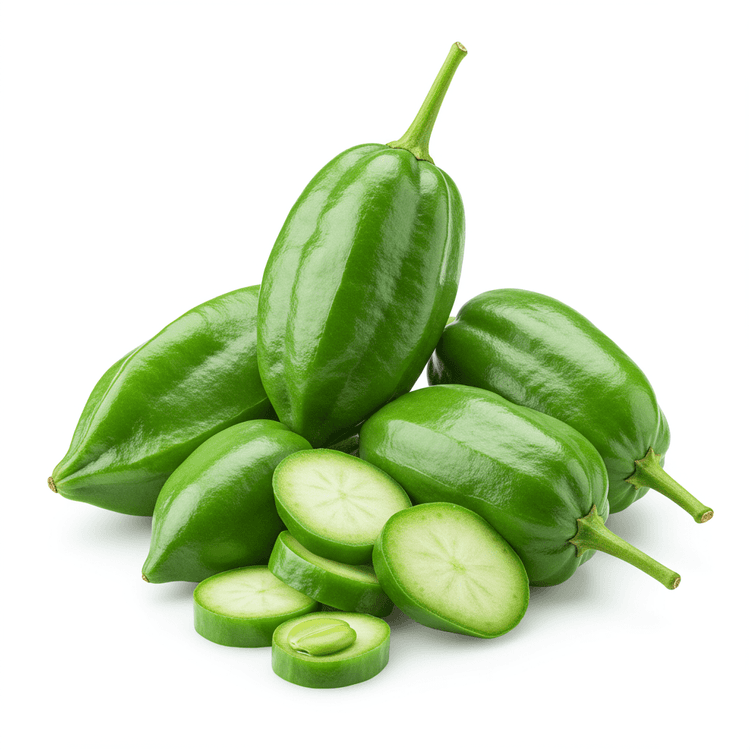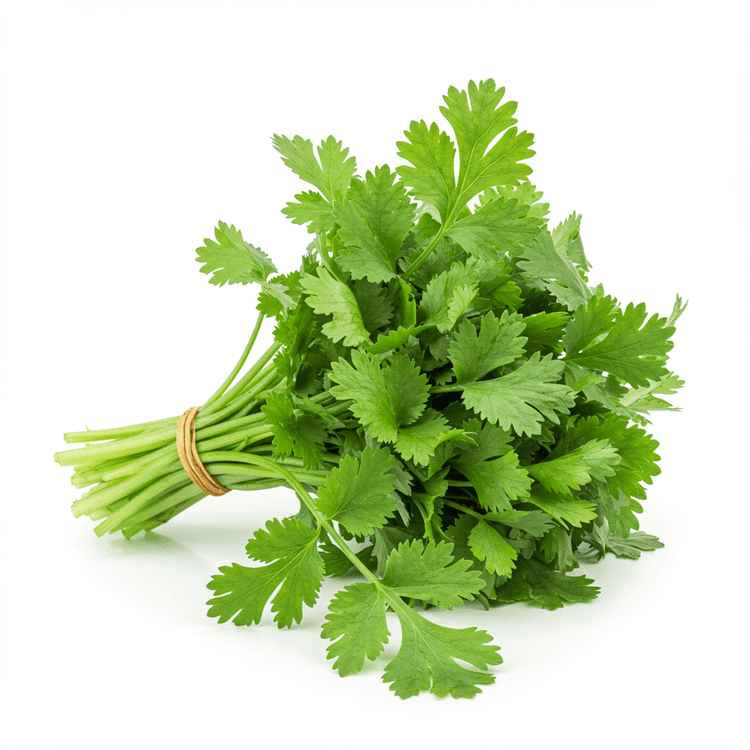
Cilantro
Cilantro, also known as coriander leaves, is a vibrant green, leafy herb with a distinctive, polarizing flavor. Some describe it as bright and citrusy, while others perceive a soapy taste. Its delicate leaves and stems offer a tender texture and a pungent aroma. Fresh cilantro is a staple in many cuisines, celebrated for its ability to add a fresh, herbaceous note to dishes. When searching for the perfect fresh herb, remember to look for bright green leaves with no signs of wilting for the best flavor and aroma.
Common Uses
- Cilantro is used as a fresh garnish sprinkled over tacos, salads, and soups, adding a burst of fresh flavor and visual appeal.- It is a key ingredient in salsas and guacamole, where its bright, citrusy notes complement other ingredients like tomatoes, onions, and avocados.- Cilantro is finely chopped and added to marinades and sauces to infuse them with its herbaceous flavor, commonly used in Asian and Latin American cuisine.- It's blended into pesto or chutney with other herbs, nuts, and spices to create flavorful condiments that can be used on sandwiches, pasta, or grilled meats.- Cilantro is often incorporated into rice dishes, adding a refreshing element to the grains. Cilantro-lime rice is a popular example of this use.- Its stems and roots can be used to flavor broths and stews, adding depth and complexity to the dish. Be sure to remove the cilantro roots before serving.
Nutrition (per serving)
Nutrition (per serving)
Calories
0.2kcal (0.01%)
Protein
0.0g (0.02%)
Carbs
0.0g (0.01%)
Sugars
0.0g
Healthy Fat
0.0g
Unhealthy Fat
0.0g
% Daily Value based on a 2000 calorie diet
Nutrition (per serving)
Calories
0.2kcal (0.01%)
Protein
0.0g (0.02%)
Carbs
0.0g (0.01%)
Sugars
0.0g
Healthy Fat
0.0g
Unhealthy Fat
0.0g
% Daily Value based on a 2000 calorie diet
Health Benefits
- Rich in antioxidants that help protect against cell damage and reduce inflammation.
- Good source of vitamin K, important for bone health and blood clotting.
- May aid digestion and relieve bloating due to its natural oils.
- Can help lower blood sugar levels and improve heart health.
- Contains vitamins A and C, boosting the immune system.
Substitutes
Chefadora AI is here.
Experience smarter, stress-free cooking.
Storage Tips
To maximize cilantro's freshness, trim the stems and place the bunch in a glass of water, like cut flowers. Cover loosely with a plastic bag and refrigerate. Change the water every couple of days. For longer storage, cilantro can be frozen. Chop the cilantro, mix it with a little water or olive oil, and freeze in ice cube trays. Once frozen, transfer the cubes to a freezer bag for easy use in recipes.
Marnirni-apinthi Building, Lot Fourteen,
North Terrace, Adelaide, South Australia, 5000
Australia
